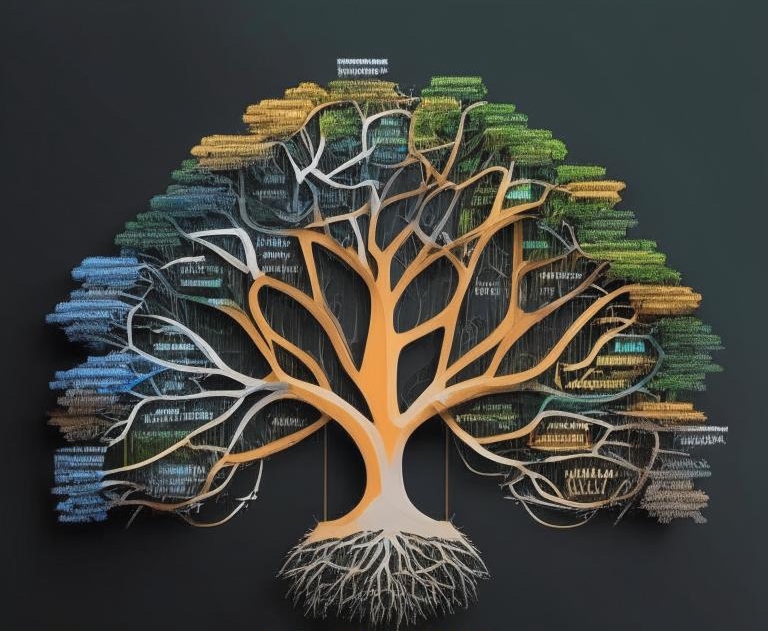Operationalization
by Oleg Sovetnik
Operationalization is the process of structuring and refining abstract concepts through concrete operands, making them measurable and applicable for analysis. In sociology, operationalization plays a crucial role in research practice by refining concepts for working with real data. In programming and systems analysis, it allows conceptual schemas to be transformed into instructions for data processing, making them part of the system.
Operands as Concept Refinement
Operands are measurable elements that reveal the structure of a concept. During operationalization, operands refine a concept, translating it from an abstract form into a structured and measurable system. This is a key distinction of operationalization: not merely filling a concept with data, but its detailed specification.
For example, the concept of “efficiency” can be operationalized through operands such as “task completion time,” “number of errors,” and “level of satisfaction.” These operands set specific parameters that can be measured and analyzed, thus refining the concept and making it suitable for use in research or a system.
Operands as Part of Umwelt in Programming
In programming, operands also play a key role as part of the Umwelt—the subjective world of system perception. In the context of a program, operands reveal concepts and their structure, turning them into manageable and measurable elements. For example, the concept of “user” in the program’s Umwelt can be operationalized through operands like “user ID,” “age,” and “activity.” These operands become concrete elements of the program through which it interprets and interacts with real data.
Thus, operands serve as tools that help the program structure its conceptual schemas. They ensure the operationalization of concepts within the system’s Umwelt, allowing the program to efficiently work with input data and interpret it correctly.
Operationalized Concepts as a Basis for Creating Objects
Operands allow a concept to become structured enough to create an object—a concrete observation or measurement. In a sociological context, this means that through operands, a concept transforms into an observable element of research. In programming, operationalized concepts, through operands, enable the system to input and process data.
For example, the concept of “user engagement” can be operationalized through parameters such as “time spent on site,” “number of interactions,” and, based on this data, the system forms an object for analysis—the behavior of a specific user. Thus, operands detail the concept and allow the program to work with real data, creating objects for analysis.
The Impact of Operationalization on Refactoring
Changes in data often lead to the need to revise operands and concepts. When new data no longer aligns with the existing operational model, operands and concepts must be reviewed, requiring refactoring. This process involves adapting both the system’s technical parameters and the conceptual schemas that underlie it.
Refactoring in this context helps maintain the relevance of both the data and the system that processes it. Without it, the system may accumulate errors and technical debt, losing connection with reality and user needs. Revising operands helps refine concepts and ensure their relevance in new conditions.
Operationalization is the process of refining concepts through operands, which structure and make the concept measurable and manageable. Operands not only fill the concept with data but define and refine its structure, allowing a system or research to work with real objects and data. In programming, operands are part of the program’s Umwelt, helping to interpret input data and ensuring accurate and efficient system operation.
sociology operationalization domain umwelt
